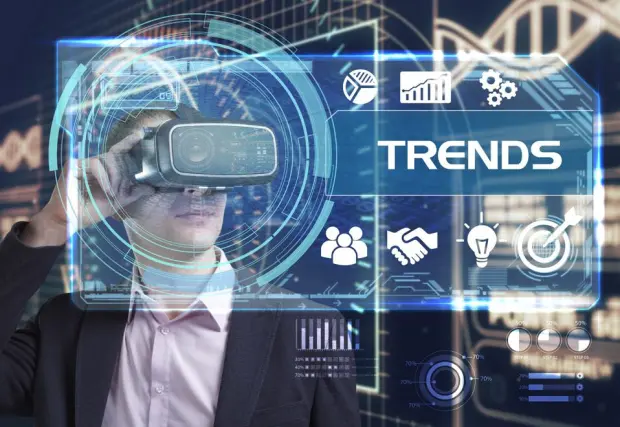
Entertainment in the Digital Age: Unleashing Creativity and Connectivity
The world of entertainment has experienced a profound transformation in the digital age, with technology revolutionizing the way we consume, create, and engage with content. From streaming services to social media platforms, digital technology has brought about a new era of entertainment that offers unparalleled access, interactivity, and connectivity. In this article, we will explore the impact of digital technology on the entertainment industry and discuss how it has unleashed creativity and connectivity like never before.
One of the most significant changes brought about by digital technology is the rise of streaming platforms. Services like Netflix, Amazon Prime Video, and Disney+ have revolutionized the way we consume movies, TV shows, and other forms of entertainment. With on-demand access to a vast library of content, viewers can enjoy their favorite shows and movies anytime, anywhere. This shift has not only transformed the way we watch entertainment but also altered the business model for content creators and distributors. Streaming platforms have opened up new avenues for independent filmmakers, allowing them to reach global audiences without the traditional gatekeepers of the entertainment industry.
Moreover, social media platforms have become an integral part of the entertainment landscape, providing a platform for artists, celebrities, and content creators to connect with their fans on a personal level. Platforms like Instagram, TikTok, and YouTube have empowered individuals to showcase their creativity, share their talents, and build a loyal following. This direct interaction between artists and their fans has transformed the concept of celebrity and democratized the entertainment industry, allowing aspiring talents to gain recognition and create their own unique brand.
Digital technology has also revolutionized live entertainment experiences. Virtual reality (VR) and augmented reality (AR) have opened up new frontiers for immersive entertainment, enabling audiences to be transported into virtual worlds and interact with digital elements in real-time. Live streaming platforms have made it possible to broadcast concerts, theater performances, and sporting events to a global audience, breaking down geographical barriers and expanding the reach of live entertainment.
Furthermore, digital technology has sparked a wave of creativity and innovation in the entertainment industry. Animation and visual effects have reached new heights, enabling filmmakers to create breathtaking worlds and characters. The gaming industry has evolved into a major form of entertainment, offering interactive experiences that engage and captivate players. Artificial intelligence (AI) and machine learning are being utilized to enhance storytelling and create personalized entertainment experiences. The boundaries between different forms of media are blurring, giving rise to transmedia storytelling and immersive narratives that span multiple platforms and mediums.
However, along with the opportunities, digital technology has presented challenges for the entertainment industry. The issue of copyright infringement and piracy has become a significant concern, as digital content can be easily shared and distributed without proper authorization. Protecting intellectual property and finding sustainable revenue models in the digital age remain ongoing challenges that the industry continues to grapple with.
In conclusion, the digital age has transformed the entertainment industry, unleashing creativity, interactivity, and connectivity. Streaming platforms, social media, immersive technologies, and innovative storytelling techniques have reshaped the way we consume and engage with entertainment. While challenges such as copyright infringement persist, the digital era presents unprecedented opportunities for artists, content creators, and audiences to connect, collaborate, and experience entertainment in new and exciting ways. As technology continues to advance, the future of entertainment promises even more immersive, personalized, and transformative experiences.

